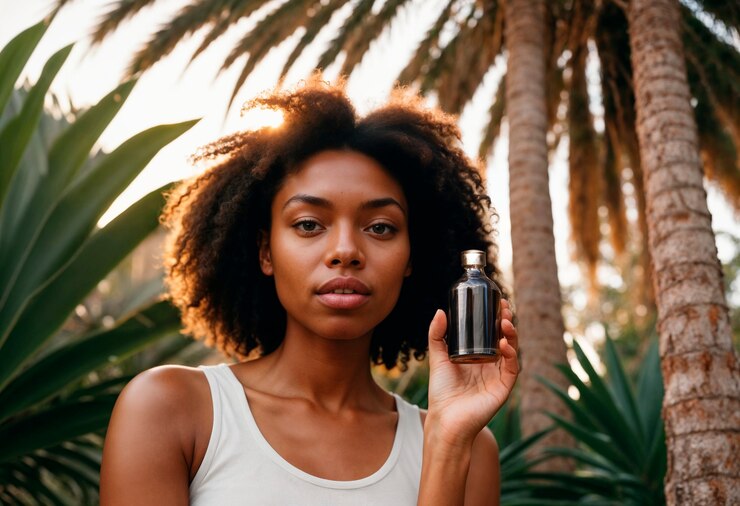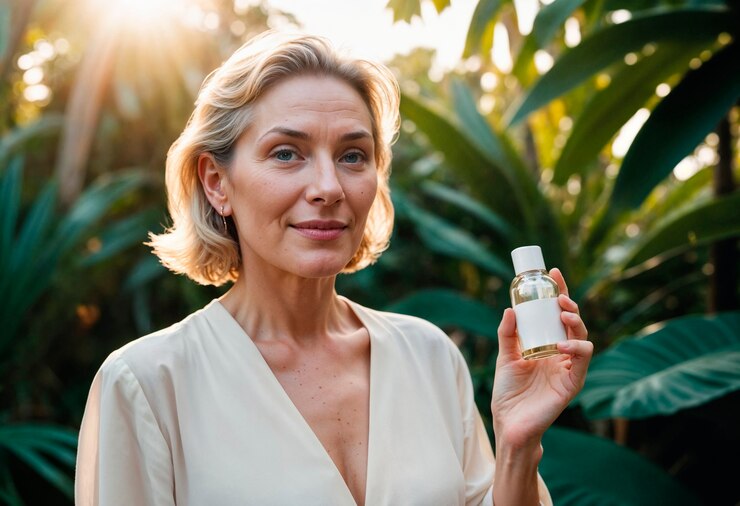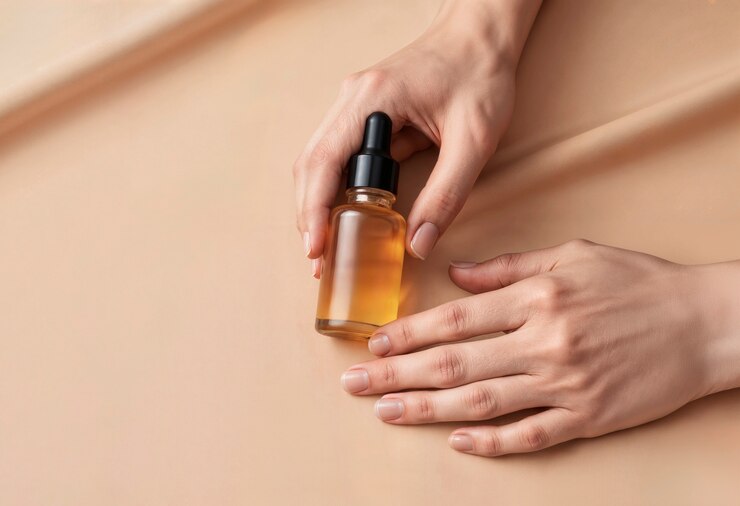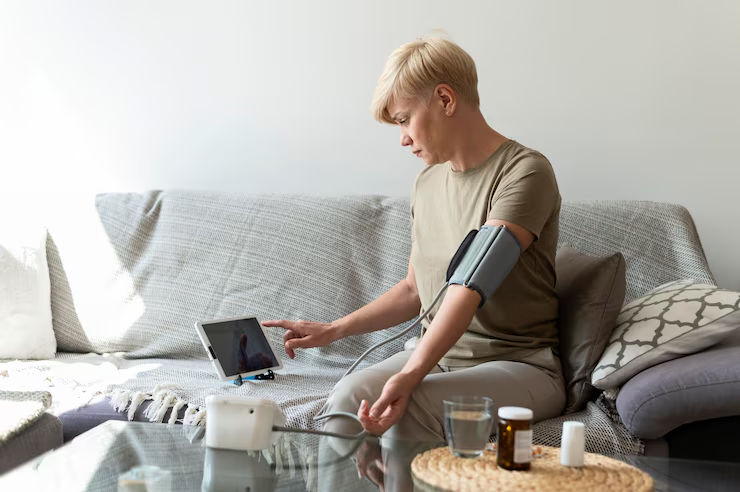Table of contents
- Why CBD Dosage Varies From Person to Person
- 1. Body Weight and Composition
- 2. Metabolism Rate
- 3. CBD Product Type and Delivery Method
- 4. Your Reason for Taking CBD
- 5. CBD Tolerance
- 6. Other Medications or Supplements
- 7. Gender and Hormones
- 8. Consistency and Timing
- FAQs About What Can Influence Your CBD Dosage
- Final Thoughts
When it comes to taking CBD for wellness, one of the most frequently asked questions is: “How much should I take?” The answer isn’t always simple because many personal and external factors influence your CBD dosage. Whether you’re using CBD for pain relief, anxiety, sleep, or general wellness, the effectiveness of your dose can vary significantly from person to person.
In this post, we’ll explore the main factors that influence your CBD dosage, helping you make informed decisions and tailor your intake for the best results.
Why CBD Dosage Varies From Person to Person

CBD (cannabidiol) works by interacting with the endocannabinoid system (ECS), which plays a role in maintaining internal balance (homeostasis). Everyone’s ECS functions differently based on genetic, environmental, and physiological variables. That’s why understanding what can influence your CBD dosage is crucial for optimizing its benefits.
1. Body Weight and Composition
Your body weight plays a big role in how your body metabolizes substances like CBD. In general, the more you weigh, the higher your dose might need to be to feel the same effects. People with higher fat percentages may also retain CBD longer, as cannabinoids are stored in fat cells.
Tip: Start with 1–5 mg of CBD per 10 pounds of body weight and adjust based on your response.
2. Metabolism Rate

Just like food and alcohol, CBD is metabolized through the liver. People with faster metabolisms may process CBD more quickly, resulting in a shorter duration of effects. Slower metabolisms might extend the effects but delay the onset.
Consider: Active individuals or those with high metabolic rates might need more frequent doses or slightly higher amounts.
3. CBD Product Type and Delivery Method
The type of CBD product you use greatly affects dosage requirements. Each method of consumption impacts how much CBD your body absorbs and how fast it kicks in:
- Sublingual (tinctures/oils): Absorbed under the tongue; moderate to high bioavailability.
- Edibles (gummies, capsules): Pass through digestion; lower bioavailability, slower onset.
- Topicals (creams, salves): Target local areas; no systemic absorption.
- Vaping or smoking: Fastest absorption; highest bioavailability.
Tip: You might need more CBD with edibles than with tinctures to get the same effect.
4. Your Reason for Taking CBD
Your intended purpose can influence your CBD dosage. Someone using CBD for general wellness may only need a small daily dose, while someone dealing with chronic pain or anxiety may require higher and more consistent intake.
- For mild stress or sleep: 10–25 mg might suffice.
- For chronic pain or severe anxiety: 30–100 mg may be more effective.
Always consult with a healthcare provider before using high doses.
5. CBD Tolerance
If you’ve been using CBD regularly, your body might develop a tolerance, meaning you may need more to achieve the same results. New users are typically more sensitive and benefit from lower doses.
Tip: Consider taking a short break (a “CBD reset”) if you find your current dosage less effective over time.
6. Other Medications or Supplements
CBD can interact with certain medications, especially those processed through the cytochrome P450 enzyme system. This could affect how both CBD and the medication are metabolized, possibly changing the effective dose.
Always consult your doctor before adding CBD to your regimen, particularly if you’re on prescription drugs.
7. Gender and Hormones
Emerging studies suggest that hormonal differences between men and women might affect how CBD is absorbed and used. While more research is needed, it’s possible that hormone cycles (like menstruation) could temporarily influence your response to CBD.
8. Consistency and Timing
Like most wellness supplements, CBD works best when taken consistently. Building it into your daily routine can help maintain stable levels in your body. The time of day can also affect how CBD works for you—morning doses may boost focus, while evening doses may aid sleep.
FAQs About What Can Influence Your CBD Dosage
If you’re not experiencing any noticeable benefits after a week or two, your dose may be too low. Try increasing gradually in small increments.
Yes, over time some people may develop a tolerance and need a higher dose for the same effect. Taking short breaks can help reset your sensitivity.
Taking CBD with a high-fat meal can increase its absorption and effectiveness, especially when using edibles or capsules.
Wait at least 3–5 days between dose increases to evaluate how your body reacts and avoid overdoing it.
Not necessarily. Many people find that moderate doses are more effective than very high ones. It’s about finding your personal balance.
Final Thoughts
Finding your ideal CBD dosage is a personal journey. Many factors—including your weight, metabolism, reason for use, and method of consumption—can significantly influence your CBD dosage. Start low, stay consistent, and make adjustments slowly. As always, consult a medical professional if you’re uncertain about where to begin.
Understanding these influencing factors will help you tailor your CBD use for maximum benefit with minimal guesswork.





